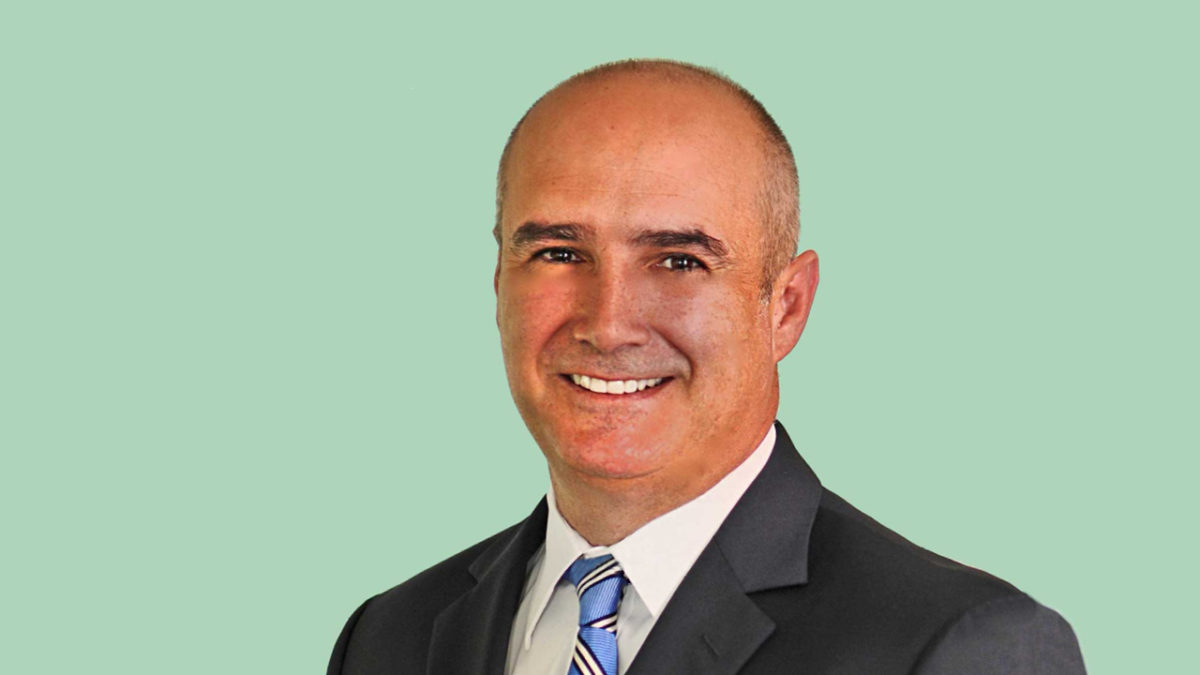Why GARP 2.0 may be the best bet in a rotating market
Volumes have been written about the frustrations felt by value managers from the long performance drought endured by their investors because of the big tech stock boom for much of the past 10 years. But what the next chapter brings is still unknown.
Signs are there that the rotation which started in the fourth quarter of last calendar year is just the start of a major cyclical reversion to the mean for equity markets. But the rotation is by no means uniform and some are questioning either the relevance of style categories and/or value altogether in a world permanently affected by COVID.
Traditionally, big investors address the issue through diversification, with a mix of different styles of managers. But, if this time it really is different and the trend for growth stocks resumes its way, that diversification will continue to drag on portfolio performance.
Hardman Johnston Global Advisors, a US-based global growth manager, has studied the characteristics of growth manager portfolios which have weathered previous rotations to value, such as its own concentrated strategy, continuing to outperform the market in general, albeit by a narrower margin, when value surges.
John Schaffer, the principal of Catallyst Advisors, the Australian representative for Hardman Johnston, said last week (January 20): “Heralded as a quarter in which value prevailed in the midst of a remarkably strong year for growth strategies, Hardman Johnston’s idiosyncratic growth strategy delivered almost one per cent in gross alpha against MSCI ACWI…

“The last hurrah for value investors was in calendar 2016, when Hardman Johnston again delivered 2.6 per cent gross alpha. On both occasions good stock selection in underperforming growth sectors drove returns, in turn a consequence of focusing on a narrow group of value opportunities amongst quality, secular growing companies – an inherently defensive approach to growth equity investing,” he said in a note to clients accompanying the December quarter report.
The manager’s figures last year were minus 24.2 per cent until the market bottomed on March 23, versus minus 31.8 per cent for ACWI, and plus 81 per cent from the market bottom for the rest of the year, versus ACWI’s 70.7 per cent.
Irrespective of the cyclicality of styles, Schaffer says that since its inception Hardman Johnston has delivered 5.43 per cent average annual gross alpha over a 14-year period. The firm as a whole goes back much further, having been founded by Richard Johnston, who co-manages the US strategies, in 1985. Cassandra Hardman, the chief executive and head of international strategies, launched the global fund in 2006, having joined the firm in 1997.
Jim Pontone, a managing director and portfolio manager with the global and international teams, said from Stamford, Connecticut, that the firm had studied whether or not the size of its portfolio was impacted during style rotations. One might expect, that is, that Hardman Johnston could find that its universe of the right type of stocks would shrink when value stocks outperformed.
Neither Schaffer nor Pontone agree with the use of the old GARP (growth at a reasonable price) label as suitable for Hardman Johnston. The label sprung up in the 1980s when pension funds started to use “style boxes” for their manager selection, which is also, largely, becoming a thing of the past.
The manager targets stocks which will have at least 10 per cent per annum growth over a three-five-year period, but which also offer a “good entry point”, Pontone says. Schaffer says: “Hardman Johnston doesn’t buy at a reasonable price; they hold them if they are reasonable but buy at a price that is less than reasonable.”
Schaffer believes that the world is at a unique phase of history. He says: “We are in the midst of a tech revolution and a biotech revolution and it’s just a different game now. No-one can see an end to this runway. We’ve never witnessed this in history, certainly not in the last century.”
Pontone says that the Hardman Johnston global strategy does not look like a value portfolio. “And it’s not really GARP either,” he says. “We are a growth manager which is looking for a strong entry point. We only buy five or six stocks a year – with the current portfolio holding 31 stocks… We redeploy assets where some stocks get a bit ahead of themselves.”
In its quarterly report, the manager says: “Against the disruption of 2020, we have taken a close look at our holdings, from companies benefiting from trends accelerated by the pandemic, to others that will benefit from normalization. In some instances, future stock performance has been pulled forward and may lead to more moderate returns in the future. However, our focus on market-leading companies on the right side of secular trends means our portfolio is well positioned for the future.
“Equities are not cheap, but the anticipated rebound in company earnings in 2021 should ease valuation pressures. Some sectors offer better opportunities than others. From our research, we see a higher concentration of attractively valued stocks in consumer discretionary and materials than a year ago, while some information technology segments are also more favourably priced,” the report says.
“Emerging markets now also appear to offer more options than developed markets. Our active approach and bottom-up analysis hopefully will enable us to take advantage of those opportunities and outperform benchmarks as the recovery strengthens.”











